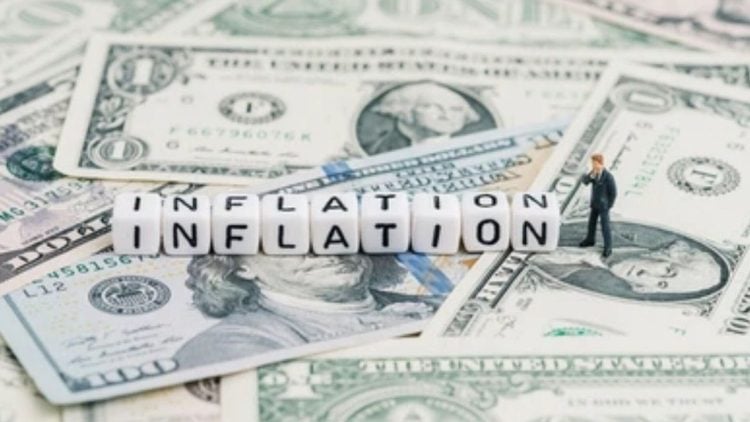Publisher: Maaal International Media Company
License: 465734
Inflation and geopolitics, will they shape the global economy in 2023?!
اقرأ المزيد
The German reinsurance giant, Munich Re, said that inflation and geopolitics will shape the global economy in 2023.
And the German company indicated in its expectations for the current year that high inflation and slow growth will characterize the economy in 2023, but it will adapt
Better than initially expected with the consequences of the war in Ukraine, sharp price increases, and higher interest rates.
Positive side:
For his part, Chief Economist Michael Minhart said that the global economy is currently different from the pre-Covid and pre-war economy, and is likely to remain that way for a long time. With inflation, high interest rates, government interventions, and geopolitical risks casting a shadow over expectations. Adding that on the positive side, it can be said that the outlook does not look as bleak as many predicted half a year ago.
Stagnant Inflation
Leading economic indicators suggest that global economic growth will be relatively subdued this year, Munich Re experts noted – although the general mood and published economic data have improved somewhat in recent weeks. Economic growth in Europe and the United States will be weak and likely to experience stagflation, that is, almost zero real economic growth combined with high inflation.
However, relatively strong labor markets may prevent the economy from slipping into an actual recession. While experts indicated that real growth in the United States and the euro area may rise again to more than 1% in 2024.
Investment obstacles:
In industrialized countries in particular, according to the report, high inflation and declining real incomes are putting significant pressure on consumer demand. Moreover, the strong recovery in consumption following the recession caused by COVID-19 in 2020 is now slowing to a halt. As for companies, less favorable financing conditions due to high interest rates hinder investment.
Munich Re experts concluded that global economic growth in 2023 will be driven almost exclusively by emerging markets. While China will resume its role as an engine of global growth, however, the consequences of the severe COVID-19 wave and problems in the real estate market will continue to impede the country’s economic development.
While growth is expected to recover somewhat compared to 2022 (3.0%), at 4-5% it will still be far from growth rates seen in the past, the report said. The Russian invasion of Ukraine also had a significant impact on the global economy, and this has led to energy and commodity markets becoming a very decisive and influential factor.
Energy prices:
In the context, Munich Re indicated that the effects of record energy prices in the past year will continue to leave their imprints on growth and inflation rates in 2023, especially in Europe. Moreover, experts have warned that a reliable supply of natural gas to Europe in the winter of 2023/24 is by no means as guaranteed as it is.
Geopolitical risks:
Added to these issues are the growing tensions between the United States and China as well as within the Middle East, which could have a significant impact on the economic outlook. While inflation is declining in many industrialized countries, it will remain high in advanced economies – although in most cases it may decline again, a trend that is expected to continue through 2023.
According to the Munich Re, price increases in 2024 are expected to remain well above the target set by major central banks. High inflation and recession create a credibility dilemma for central banks. Two critical factors, as noted by Munich Re, are, first, whether central banks are prepared to raise interest rates further if necessary. And secondly, whether or not they are successful in combating inflation without causing a recession
This forecast is affected by significant risks including, in particular, a further escalation of Russia’s war of aggression against Ukraine with renewed energy and commodity price shock, or a possible recession as a result of central banks raising interest rates too sharply, or for a prolonged period likewise, the wave of Covid-19 and its out of control in China.








